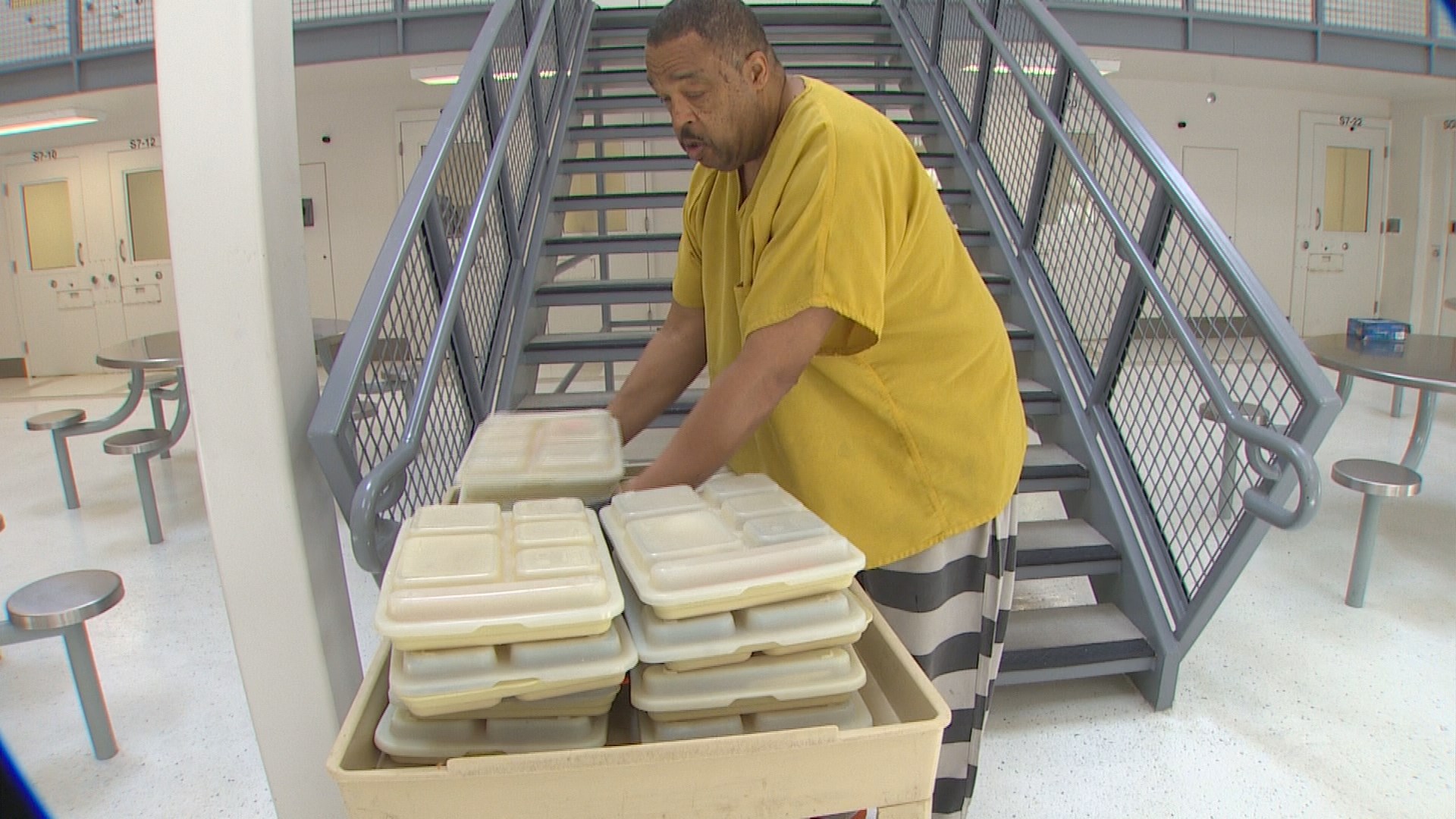The regional jail serving seven cities in south King County is being recognized by Disability Rights Washington for improving it's treatment of mentally ill inmates in a new report being released Tuesday.
DRW said it had received repeated complaints about inmates at the South Correctional Entity Regional Jail being sent to solitary confinement for behavior related to their mental illness by early 2015, despite federal guidelines strongly discouraging the practice.
The jail's own policy even requires mental illness be considered when, "determining what types of discipline, if any, should be imposed."
"It's often discriminatory," said report co-author Kayley Bebber, an attorney at DRW. "You are already getting punished for whatever crime you are sentenced to or as you are awaiting trial in jail, and you shouldn't be punished more because you have a disability. you have a mental illness."
DRW used its power as a protection agency to begin regular monitoring of the jail in early 2015.
Over the last year, the agency has been working in partnership with the jail to reduce complaints about the treatment of mentally ill inmates.
Through Disability Rights Washington, we realized there was a bigger need than we had originally projected," said SCORE Jail Executive Director Penny Bartley. "By working with them, we have really looked at mental health issue through a different lens."
Bartley said the jail has since reduced the number of inmates sent to solitary by roughly 60 percent through the creation of three new mental health pods. While still restrictive, these units offer more social time and regular counseling.
Bartley also quadrupled the number of daily mental health providers, eliminating a staffing shortage that had kept some inmates from receiving care.
"What we are working to do is to make sure we meet our obligation to treat inmates with mental illness," Bartley said.
Inmate Danny Hawkins said he has noticed a changed in the jail's approach to mental illness. Hawkins said he originally ended up in solitary for behavior related to his untreated PTSD. Today he is on regular medication and has received a job as a custodian in the jail as a reward for good behavior.
"They go above and beyond to seek out the help you need," Hawkins said.
These improvements haven't come without a cost.
The 2016 medical and mental health contracts paid for largely by the cities and agencies the jail serves is nearly $1.3 million more in 2014.
Disability Rights Washington hopes the improvements at SCORE jail will serve as a model for other county jails.
"One lesson is, you can see that it is possible to make these changes and that it is beneficial to everyone," Bebber said.


